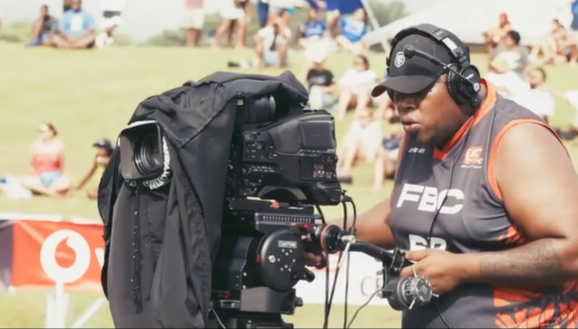Fijian Broadcasting Corporation (FBC) Chief Executive Officer Tarun Patel says strategic investment in broadcasting technology has positioned Fiji as a regional production hub for major international rugby events, including matches sanctioned by World Rugby and fixtures involving the Fijian Drua.
Speaking before the Standing Committee on Economic Affairs during the review of FBC’s 2018–2023 Annual Reports yesterday, Mr Patel revealed that FBC’s upgraded facilities now meet international production standards, eliminating the need for foreign broadcast crews to be flown into Fiji.
“We’ve spent close to three and a half million dollars in upgrading our production equipment to the standard that we now produce games for Australia, New Zealand and the UK, from right here in Fiji,” said Mr Patel.
He highlighted the recent Super Rugby Pacific season, where FBC was contracted to produce Drua home games, events previously managed by overseas production teams.
“In the past, when a World Rugby-sanctioned match or a Drua game was held here, production companies would fly in crews of around 17 people from Australia or New Zealand, along with their equipment,” Mr Patel told the Committee.
“Now, that’s no longer necessary. We handled the full production ourselves. The last Drua game was completely produced by FBC.”
Mr Patel thanked Fijian Drua management for awarding the local broadcaster the production contract, which he said has helped justify and recover investment costs.
“We thank the Drua for their confidence in us. That contract helped us amortize our capital investment and gave our team the opportunity to prove we can meet international standards.”
The FBC CEO said the same high-end equipment and production skills have been used to improve coverage of key domestic events like the Deans Rugby finals, swimming competitions, and the Coca-Cola Games.
Mr Patel also pointed to the broadcaster’s investment in human capital, with $750,000 spent on training.
“We’ve brought in international trainers to work with our team locally. This ensures we’re not only investing in equipment but also building the skills to match.”



